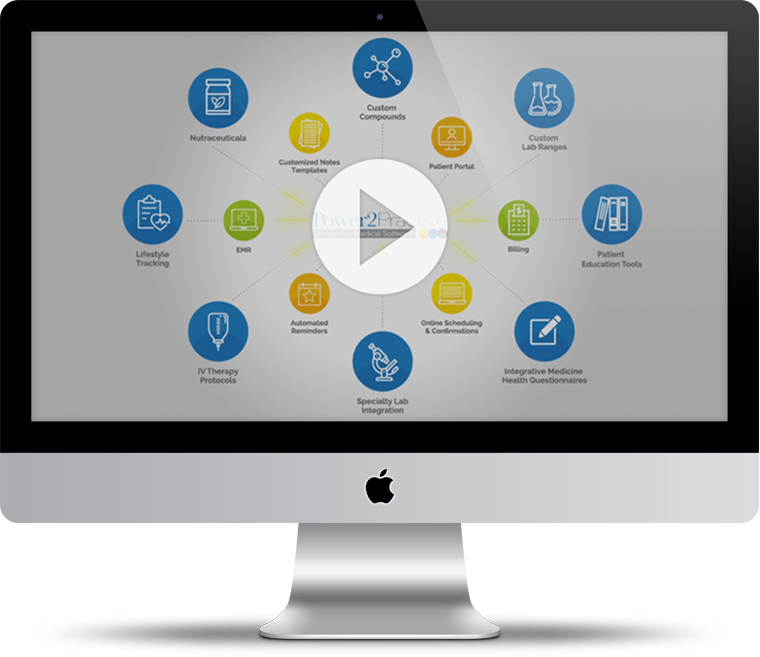Electronic medical record (EMR) platforms have gained considerable traction over the past 10 years. The number of practices using a platform increased 168% between 2006 and 2013, and 78% of office-based practices implemented an EMR platform by the end of 2013.
Trends in EMR implementation from 2001 to 2013

SOURCE: CDC/NCHS, National Ambulatory Medical Care Survey and National Ambulatory Medical Care Survey, Electronics Health Records Survey
Although many practitioners have embraced this new technology, others continue to reject it for a variety of reasons—from security to cost to old fashion resistance to change. If your office is considering an EMR, yet still feeling apprehensive, we will help you hash through some of the most important pros and cons to consider.
Cons
Security is one of the most common objections to EMR implementation—for good reason. It seems as if a new data compromise story lands in the news headlines every week! To protect your patients and your practice, choose an EMR that uses cloud-based servers with bank-level security. If live human beings guard the servers 24/7, that is even better.
Cost is another common deterrent, especially for the smaller practices. While EMRs often involve a monthly financial commitment, along with a few hours of onboarding time, some platforms can pay for themselves over time. If cost is holding you back, look for a platform that offers multi-faceted incentives such as group purchasing discounts on supplies and labs, along with the technology itself.
Pros
Generally speaking, there are many more pros in using electronic health and medical records than cons. A good EMR should make patient charting a snap, streamline scheduling and reduce administrative tasks within your office. The best EMRs also pave the way for practice improvements across the board.
Transparency and empowerment leads to better outcomes. Look for an EMR that allows your patients to review and print health records and treatment plans, while keeping track of daily lifestyle factors such as diet, exercise and supplement/medication ingestion. When patients feel connected to their doctor and treatment plan, they become more committed and involved in their own healthcare. Each time that a patient engages with their treatment plan through a patient portal, outcomes improve.
Contribute to emerging clinical research. Choose an advanced EMR that will track your patients’ progress over time, then report outcomes in an easy-to-read format (color-coded is best). The future of advanced EMRs will aggregate clinical outcome data, then report success rates for sharing within the medical community.

